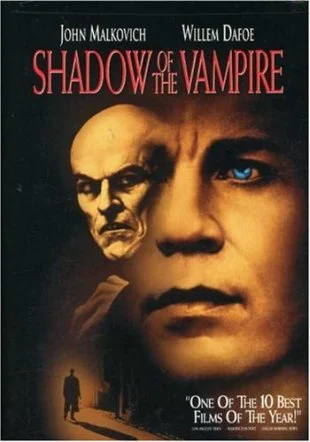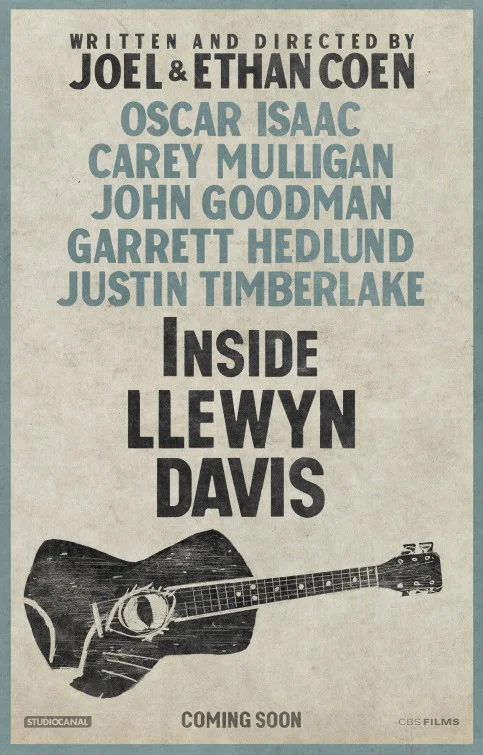Within the creative lifetime output of an auteur director, there are some that focus on variety, but others (such as the great Alfred Hitchcock), continually work in the same genre, perhaps aiming for repetition leading to perfection. Such is the story of Christopher Guest’s career, who helped pioneer (working with Rob Reiner) the mockumentary genre with the pitch perfect This is Spinal Tap (1984), and continued to make movies in the same vein - including two decades later with A Mighty Wind (2003).
Hi.
Welcome to my blog. I write about film. Just remember - there's no fighting in the war room!


















